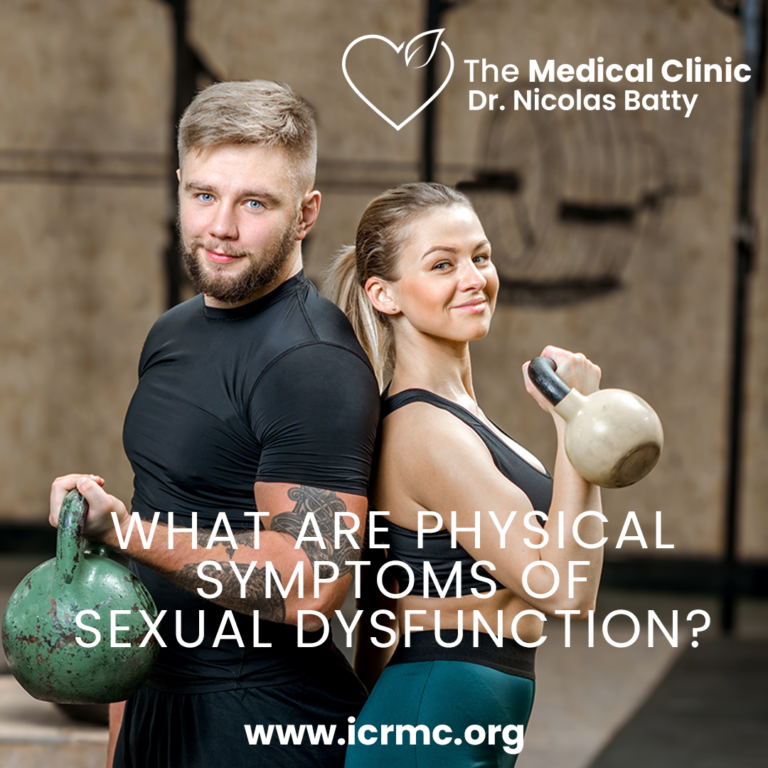Even if a patient has a molecule that can be targeted, in some cases the drug stops working after a period of time. This usually occurs when the cancer finds some other way to finish the job the targeted therapy is made to stop. Repeating genomic testing can sometimes help determine how the tumor outsmarted the drug. Targeted therapies can be given in pill form or through an infusion and may be given along with another treatment like chemotherapy or immunotherapy. There are two main types of targeted therapy drugs: Small molecule drugs can easily enter the cells and interfere with the molecules inside. They can also be used to interfere with molecules on the surface of the cell. Monoclonal antibodies are larger and work outside of cancer cells. They target molecules on the surface of the cancer cells or nearby. These are made using cloned cells that produce antibodies that interfere with the targeted molecule. Monoclonal antibodies also can be used to deliver a toxic molecule directly into a cancer cell. Although targeted therapies are designed to affect cancer cells more than normal cells, they may still have side effects. Side effects depend on the targeted therapy drug a patient is taking. Common side effects include Skin problems, such as rash Elevated liver enzymes, which may lead to a change in the drug dosage, Diarrhea or constipation, Nausea and vomiting. Fatigue, Low red blood cell count, leading to fatigue Low white blood cell count, which may increase risk of infection, Poor blood clotting and wound healing and High blood pressure.
Check our video out now on our Youtube channel to find out more about #TargetedTherapy.
Don’t forget to like, subscribe and hit the notification bell to be updated weekly with news concerning Medicine on Youtube @TheMedicalClinic.
For more info, contact us at our brand new NY Hell’s Kitchen clinic at +1 646 647 9163 (dial or text).


